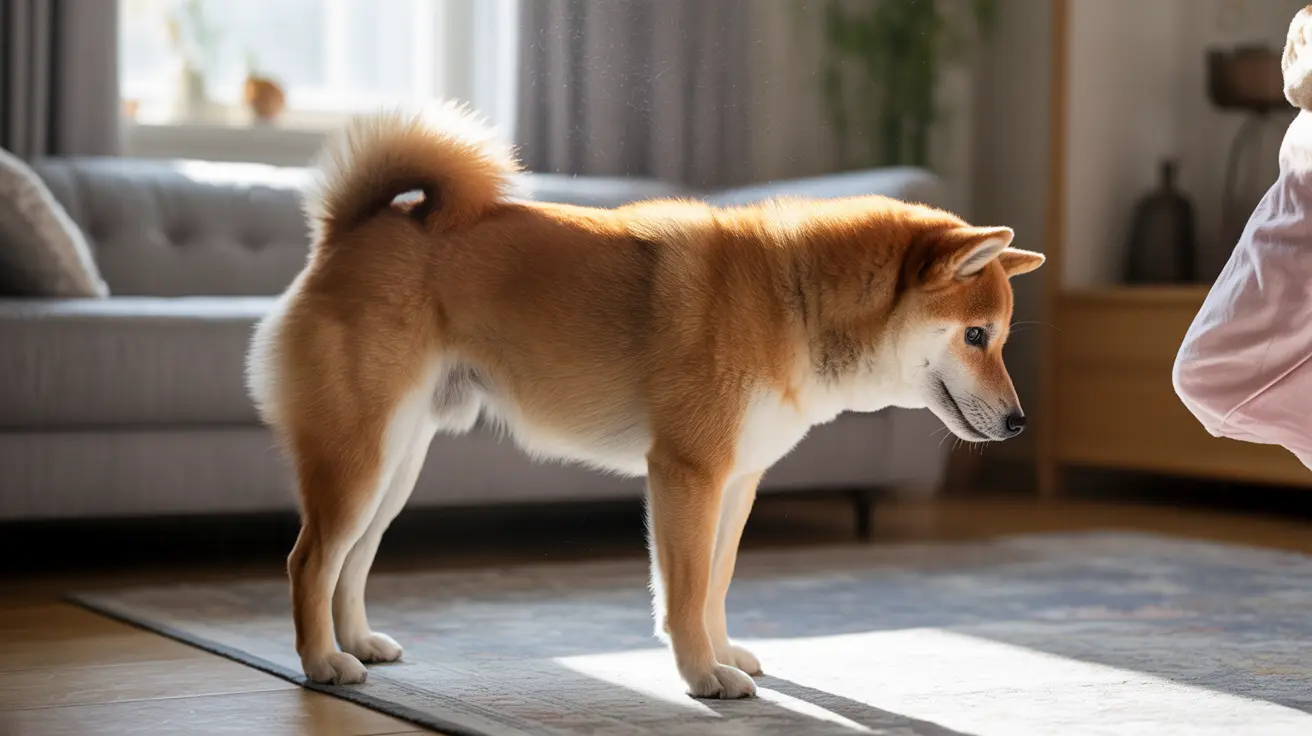Understanding Canine Memory and Emotions
Dogs process emotions differently than humans do. Rather than harboring intentional grudges or plotting revenge, they form associative memories based on their experiences. These associations can be either positive or negative and can significantly influence their future behavior and reactions.
Research shows that dogs possess both short-term and long-term memory capabilities, particularly for events with strong emotional impact. However, their memory system is primarily focused on survival and emotional associations rather than detailed recollection of specific events.
The Duration of Negative Associations in Dogs
The length of time a dog maintains a negative association varies significantly depending on several factors:
- Mild negative experiences may resolve within minutes or hours
- Moderate incidents might affect behavior for days or weeks
- Severe trauma can create lasting effects for months or years
Individual factors such as the dog's temperament, previous experiences, and the severity of the incident all play crucial roles in determining how long these negative associations persist.
Signs Your Dog is Experiencing a Negative Association
Behavioral Indicators
Dogs communicate their discomfort or negative associations through various behavioral signs:
- Avoiding specific people or situations
- Showing defensive body language (tucked tail, lowered head)
- Refusing treats from certain individuals
- Displaying unusual aggression or fear responses
- Withdrawing from normal activities
Breaking the Cycle: Helping Your Dog Move Past Negative Experiences
While dogs don't hold traditional grudges, helping them overcome negative associations requires patience and consistent positive reinforcement:
Effective Recovery Strategies
- Create positive experiences to counter negative associations
- Use reward-based training methods
- Maintain consistent daily routines
- Provide a safe, stress-free environment
- Work with professional trainers when needed
The Science of Canine Emotional Processing
Understanding how dogs process emotions helps explain why they don't hold grudges like humans do. Their responses are based on instinct and immediate emotional associations rather than complex cognitive processes. This makes their reactions more straightforward but also more directly tied to their experiences.
Frequently Asked Questions
How long can a dog hold a grudge or stay upset after a negative experience?
Dogs don't hold grudges in the human sense, but negative associations can last anywhere from minutes to months, depending on the severity of the experience and the dog's individual temperament.
What signs show my dog might be holding a grudge or feeling negatively toward someone?
Look for avoidance behaviors, defensive posturing, reluctance to take treats, tucked tail, or unusual aggression when encountering specific people or situations.
Can dogs hold grudges against other dogs or animals after a fight or bad encounter?
Dogs can develop lasting negative associations with other animals after negative encounters, which may manifest as avoidance or defensive behavior when meeting them again.
How can I help my dog overcome fear or avoidance caused by past negative experiences?
Use positive reinforcement, counter-conditioning techniques, and patience to help your dog form new, positive associations. Consider working with a professional trainer for severe cases.
Why do dogs react differently to punishment or harsh tones, and how does it affect their behavior long term?
Dogs are sensitive to tone and punishment, which can create lasting negative associations. Using positive reinforcement instead helps maintain trust and prevents the development of fear-based responses.
Moving Forward with Understanding
While dogs may not hold grudges in the traditional sense, their capacity for forming and maintaining negative associations is real and significant. By understanding this aspect of canine psychology, pet owners can better support their dogs through challenging experiences and help them maintain positive relationships with people and other animals.






